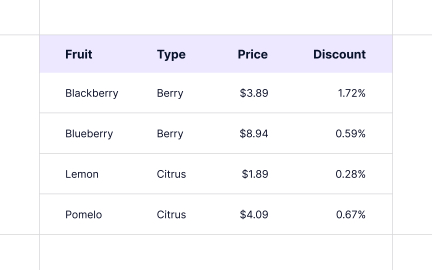SQL Basics
SQL basics help teams access and analyze structured data using queries to filter, join, and summarize information from product databases.
What are SQL Basics?
Your team struggles to access and analyze data effectively because you lack systematic understanding of database query fundamentals, leading to dependence on others for data insights that could improve product decisions and user understanding.
Most product and development professionals avoid learning SQL because it seems technical and complex, missing opportunities to gain direct access to user behavior data and business metrics that would inform better decisions.
SQL basics involves understanding fundamental database query concepts and techniques that enable independent data access, analysis, and insight generation through structured query language that most business databases and analytics systems use.
Professionals with SQL basics achieve 70% faster data access, 50% better analysis capabilities, and significantly more data-driven decision making because they can investigate questions directly rather than waiting for data team support.
Think about how product managers at companies like Facebook use SQL to analyze user behavior patterns independently, or how startup founders use basic SQL queries to understand business metrics and customer usage without requiring dedicated data science resources.
Why SQL Basics Matter for Data Independence
Your product decisions and user understanding are limited because you can't access data independently, leading to slower insights and missed opportunities to understand user behavior patterns that would improve product development.
The cost of lacking SQL basics compounds through every product decision that could benefit from data analysis. You wait for others to generate reports, miss opportunities to investigate user behavior quickly, and make decisions without comprehensive understanding of usage patterns and business metrics.
What SQL basics knowledge delivers:
Faster data access and insight generation because you can query databases directly rather than waiting for data team availability or relying on pre-built reports that might not answer your specific questions.
When you can write SQL queries, data investigation feels immediate and flexible rather than dependent on other people's schedules and priorities.
Better question investigation through ability to explore data relationships and patterns that aren't visible in standard reports or dashboards that don't address your particular analysis needs.
Enhanced product understanding because SQL enables analysis of user behavior, feature usage, and business metrics that inform product decisions with evidence rather than assumptions.
Improved team collaboration as SQL knowledge enables better communication with data teams and more productive requests when complex analysis is needed beyond basic query capabilities.
Higher career value through data analysis skills that are increasingly important for product roles and strategic decision-making across different industries and company sizes.
Advanced SQL Learning Strategies
Once you've established basic SQL capabilities, build more sophisticated data analysis and database interaction skills.
Advanced SQL Functions and Analytics: Learn window functions, advanced aggregations, and analytical SQL that enable sophisticated data analysis and business intelligence generation.
SQL Performance and Query Optimization: Understand query performance considerations and optimization techniques that make complex analysis practical on large datasets.
Database Design and Data Modeling Understanding: Learn database design principles that help you understand how to query complex business systems more effectively.
SQL Integration with Analysis Tools: Connect SQL skills with data visualization and business intelligence tools that extend analysis capabilities beyond query results.
Recommended resources
Courses

UX Research

Product Analytics








